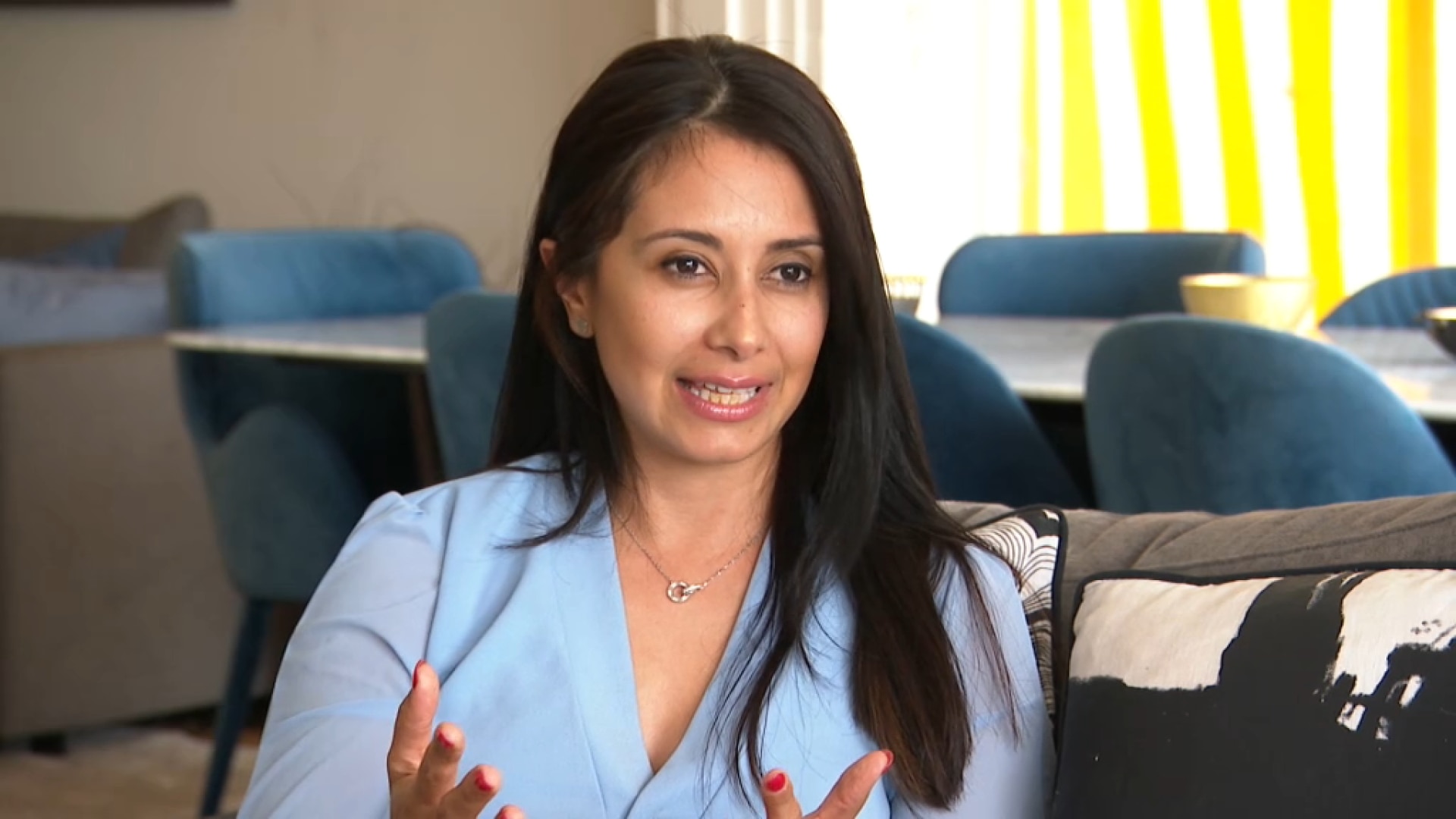New and expectant parents are not alone Push to tackle perinatal mental health stigmas
As a First Nations woman, she planned to bury her placenta after giving birth to her daughter Lily last year.
But she says hospital staff didn't honour her wish.
Read More


"In Aboriginal culture, it's really important for us to acknowledge the placenta as part of the birthing practice," Ms Seale explained.
"My plan was to bury it, not so much on Country, I gave birth off Country, because I don't really have too much of a connection with my ... I don't really know too much of the story of where my ancestors come from.
"So my plan was to bury the placenta somewhere special that would connect her with my nan but unfortunately that didn't happen. Yeah, the placenta got unfortunately chucked in the bin, so we weren't able to do that."
Ms Seale says that experience contributed to her emotions spiralling out of control.
Read More


She was diagnosed with postnatal anxiety and depression when Lily was six months old.
"I feel like no one really heard what I was really going through," she said.
"I feel like my role as a nurse as well, I was sort of a bit embarrassed to know that I was possibly experiencing postnatal anxiety and depression, so I guess there was a bit of shame with that as well."
Ms Seale says she is now doing well after receiving therapy and medication.
One in five mothers experience perinatal depression, anxietyIn Australia, one in five mothers and one in 10 fathers will experience perinatal depression and anxiety.
Many support services have seen a sharp rise in calls for help during the pandemic.
Clinical psychologist Chris Barnes from Gidget Foundation Australia, an organisation that supports the emotional wellbeing of expectant and new parents, says the past two years have been tough.
"So at Gidget Foundation Australia, we have had a 127 per cent increase in demand for our services - and that's massive," she said.
"We know that so many parents are having a really hard time, even more than normal."
Read More


Health experts say Indigenous, multicultural and LGBTIQ+ families are especially at risk.
It's why organisations across Australia have banded together to help raise awareness for Perinatal Mental Health Week.
Ms Barnes says help is available for new and expecting parents to receive timely, appropriate and specialist care.
"New and expectant parents are not alone. There are many services available," she said.
"I think a good place to start is with your GP, or a friend, or get one of your loved ones to even help you get to an appointment if that's been hard. So start with those, you could even talk to a midwife or an obstetrician, or you could go straight to a perinatal specialist service."
Pharmacist and mother of two, Namita Mahanama experienced postnatal depression with the birth of both of her sons.


Namita Mahanama is writing a book about her experience with perinatal mental illness. Source: Supplied/Namita Mahanama
She says she found it hard to overcome a perceived cultural perception of shame as an Indian-Australian, despite strong family support.
"With my Indian background, there are layers of extra cultural conditioning where, you know it was never said," she explained.
"My parents were so supportive, my in-laws were amazing. But there is this unsaid cultural conditioning that it's a sign of weakness, you know, 'No you're fine, I'm sure you'll, I'll snap out of it,' but we can't control the symptoms.
"It's a biochemical reaction that happens because of the hormones and it's nothing that we've done that's caused it, and you know, speaking up and walking towards seeking help is actually what enables you to get better."
Namita is now writing a book about her journey through perinatal mental illness and says she wants to help break down the stigmas facing other new parents.
Readers seeking support with mental health can contact Beyond Blue on 1300 22 4636. More information is available at Beyondblue.org.au.
Embrace Multicultural Mental Health supports people from culturally and linguistically diverse backgrounds.
LGBTIQ+ Australians seeking support with mental health can contact QLife on 1800 184 527 or visit qlife.org.au. ReachOut.com also has a list of support services.
Intersex Australians seeking support can visit Intersex Peer Support Australia at isupport.org.au.

0 Response to "New and expectant parents are not alone Push to tackle perinatal mental health stigmas"
Post a Comment